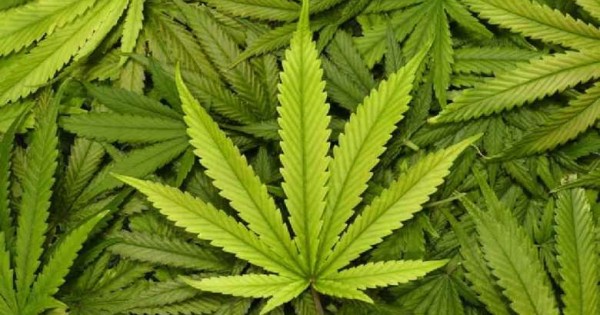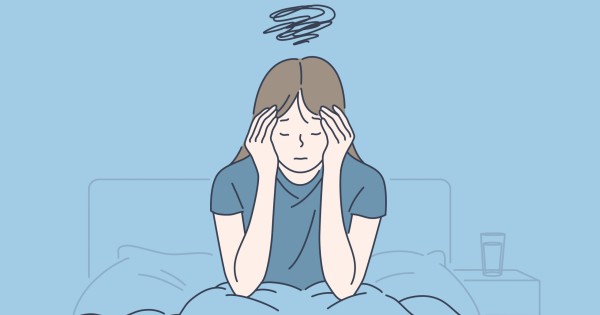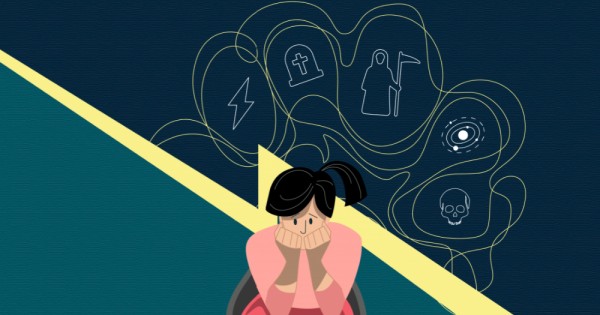مقاله
Effectiveness of cognitive behavioral techniques (CBT) on abstinence and beliefs about drug in Cannabis users

Authors: Ghahari, S - Mohammad Mazloumi rad - Khademolreza, N - Sadeghipoya, F - Farrokhi, N.
Aim and Background: since the belief of people about drugs has a role in their addiction, this study has been conducted to examine the effectiveness of cognitive behavioral therapy (CBT) on abstinence and beliefs about drugs in cannabis users.
Materials and Methods: several centers were chosen from addiction treatment centers in Tehran. All persons who were interested in participate in research filled out the inventories about beliefs about drugs, who had positive beliefs toward drugs were chosen for study. Then 30 patients selected randomly in two 15-member groups. To assess abstinence, urine test and self-monitoring sheet of daily use were used. Experimental group participate in CBT sessions while control group were in waiting list. Both groups were evaluated during baseline and end of treatment. The data were analyzed through analysis of variance, two-factor ANOVA and paired t-test in SPSS-22.
Finding: there is a significant difference between two groups in relation with variables of attitude toward substance and abstinence (P < 0/01).
Conclusion: CBT can significantly increase abstinence and change dysfunctional drug beliefs of cannabis users.
مشاهده مقاله
Aim and Background: since the belief of people about drugs has a role in their addiction, this study has been conducted to examine the effectiveness of cognitive behavioral therapy (CBT) on abstinence and beliefs about drugs in cannabis users.
Materials and Methods: several centers were chosen from addiction treatment centers in Tehran. All persons who were interested in participate in research filled out the inventories about beliefs about drugs, who had positive beliefs toward drugs were chosen for study. Then 30 patients selected randomly in two 15-member groups. To assess abstinence, urine test and self-monitoring sheet of daily use were used. Experimental group participate in CBT sessions while control group were in waiting list. Both groups were evaluated during baseline and end of treatment. The data were analyzed through analysis of variance, two-factor ANOVA and paired t-test in SPSS-22.
Finding: there is a significant difference between two groups in relation with variables of attitude toward substance and abstinence (P < 0/01).
Conclusion: CBT can significantly increase abstinence and change dysfunctional drug beliefs of cannabis users.
مشاهده مقاله
















